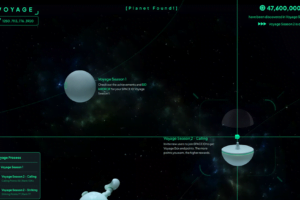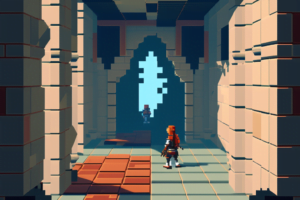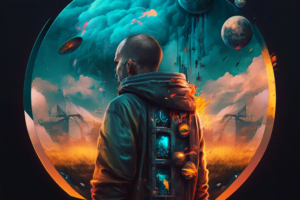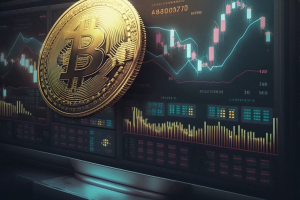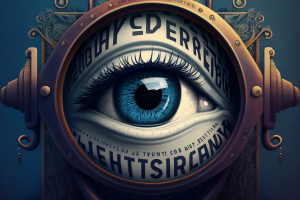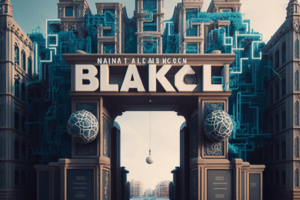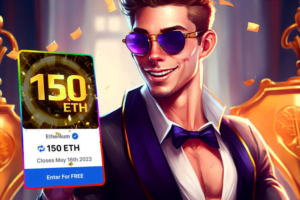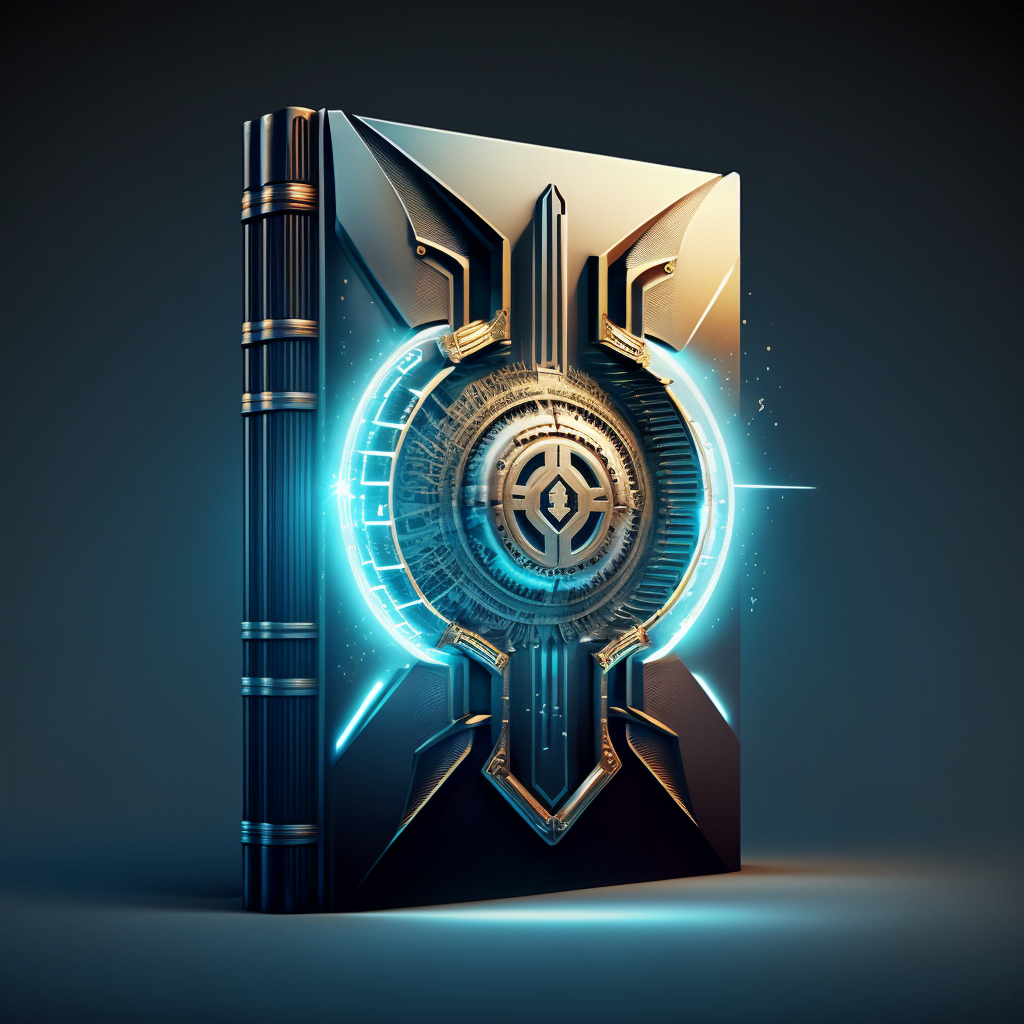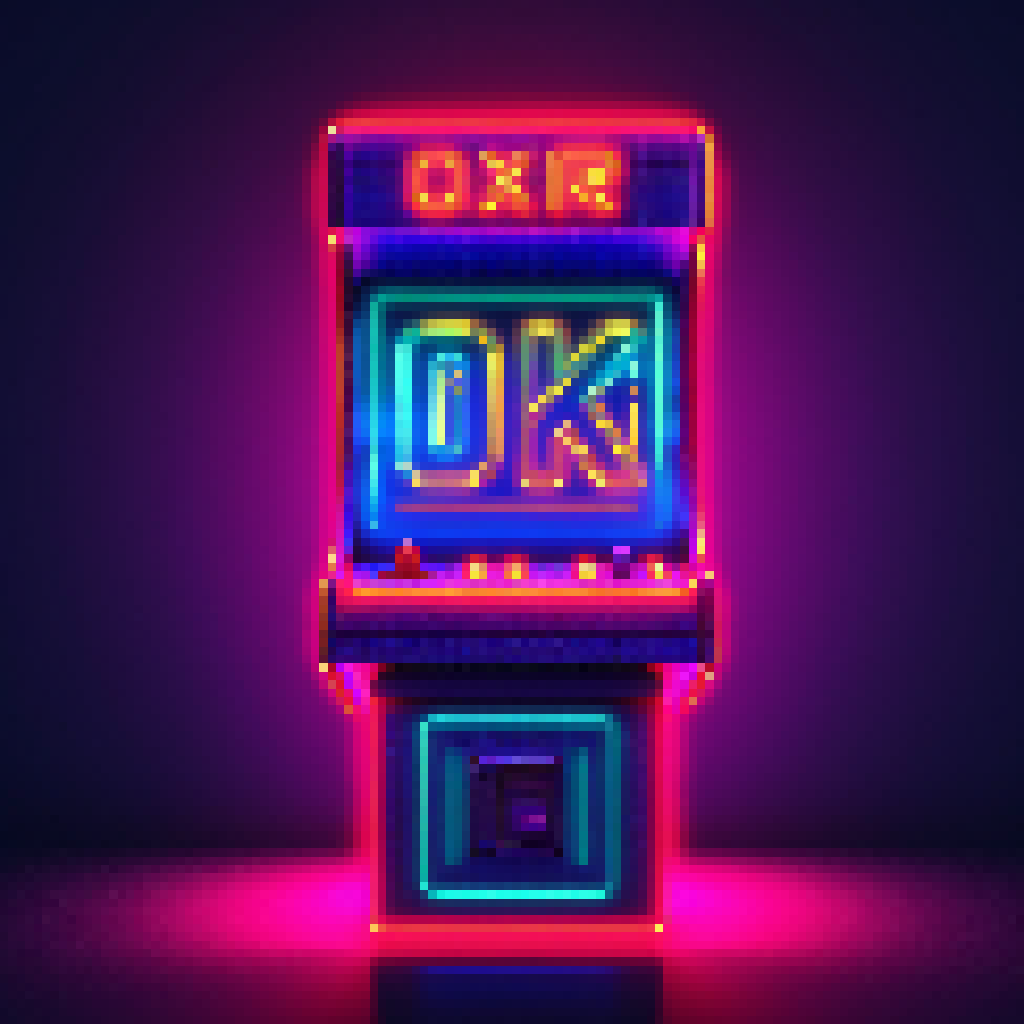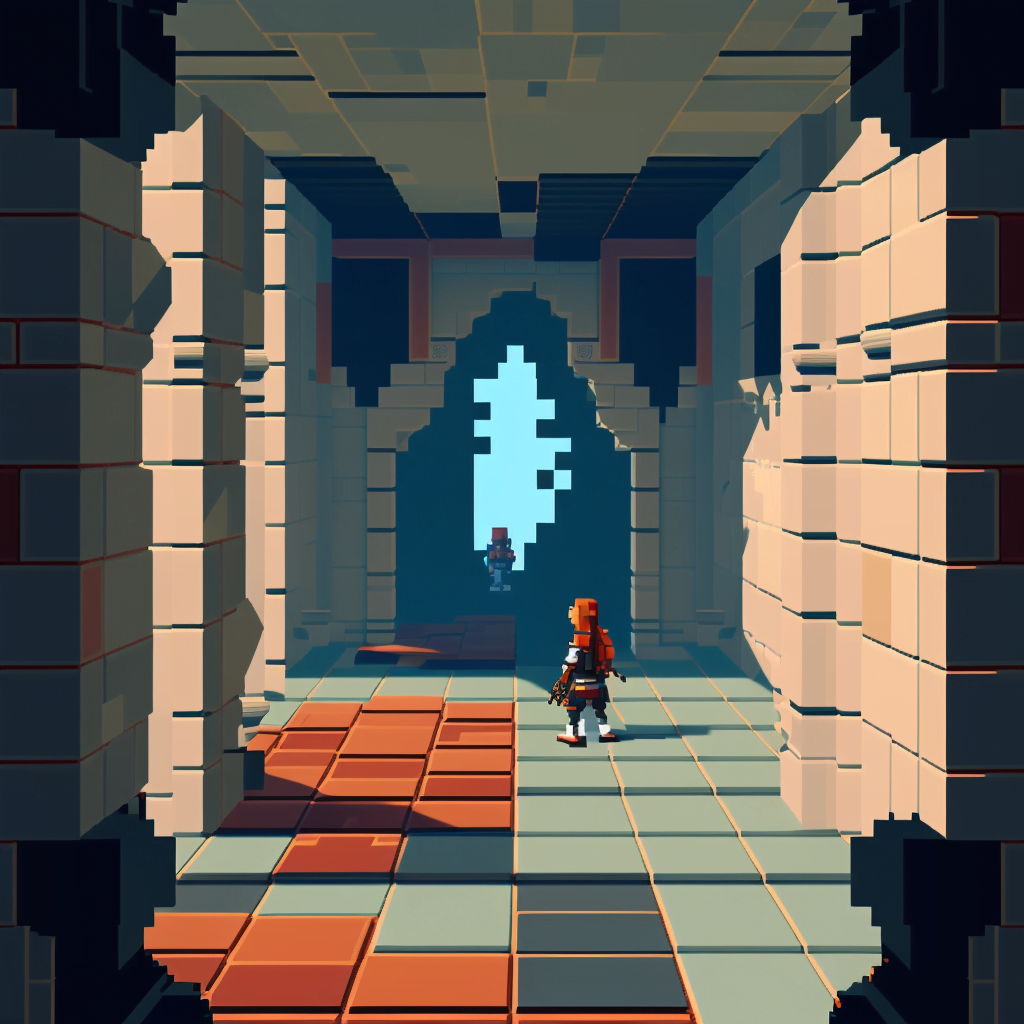Non-fungible tokens (NFTs) have taken the world by storm, reaching beyond the realms of digital art and collectibles to impact a wide range of industries. One such industry is literature, where authors and publishers are leveraging NFTs to create new revenue streams, enhance fan engagement, and revolutionize the way literary works are created, distributed, and consumed. In this article, we’ll explore how NFTs are transforming the literary landscape and their potential to reshape the future of publishing.
Tokenizing Literary Works
By tokenizing literary works as NFTs, authors and publishers can create a unique, verifiable digital asset that represents ownership of a particular piece of content. This allows them to sell and trade these digital assets on various NFT marketplaces, generating new revenue opportunities. Additionally, the blockchain-based nature of NFTs ensures the provenance and ownership of literary works, helping to combat piracy and plagiarism.
Limited Editions and Enhanced Fan Engagement
NFTs provide authors and publishers with the opportunity to create limited edition digital copies of their works, which can increase demand and value. These limited edition NFTs can also be bundled with additional content, such as signed copies, exclusive artwork, or behind-the-scenes insights into the creative process, further enhancing fan engagement.
Moreover, authors can tokenize individual chapters or even paragraphs, offering fans the chance to own a unique piece of their favorite literary work. This not only creates a new way for fans to engage with authors and their stories but also offers authors the ability to monetize their content more effectively.
Collaborations and Crowdfunding
NFTs open the door for creative collaborations between authors, illustrators, and other artists in the literary space. By tokenizing collaborative works, authors can fairly share revenue and credit with their collaborators, ensuring that each contributor is appropriately compensated for their efforts.
Furthermore, NFTs can be used as a crowdfunding tool for new literary projects, allowing authors to pre-sell tokenized content or offer exclusive perks to early supporters. This democratizes the funding process and enables authors to retain more creative control over their work.
Secondary Market Royalties
One of the significant advantages of using NFTs in the literary space is the ability for authors to earn royalties from secondary market sales. When an NFT representing a literary work is resold, the author can receive a percentage of the sale, generating a passive income stream. This not only incentivizes authors to create more content but also allows them to benefit from the long-term appreciation of their work.
Conclusion
The integration of NFTs into the world of literature has the potential to revolutionize the way authors and publishers create, distribute, and monetize their work. By leveraging the unique properties of NFTs, the literary industry can explore new revenue streams, enhance fan engagement, and empower authors with greater creative control and financial opportunities. As the NFT market continues to evolve, it will be fascinating to see how the literary world adapts and embraces this groundbreaking technology.



